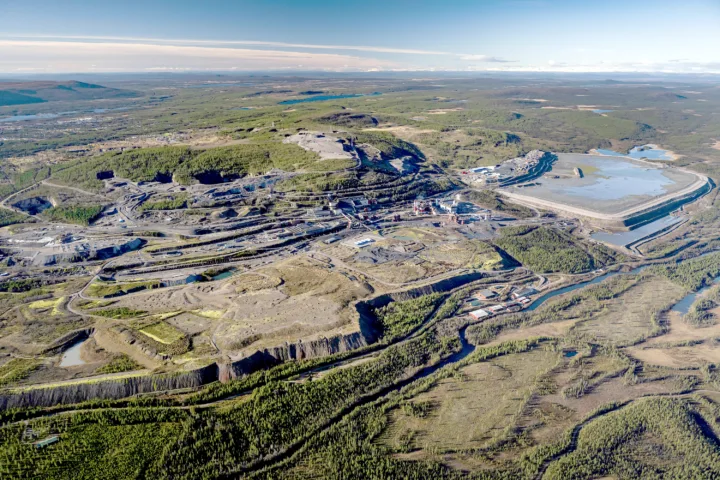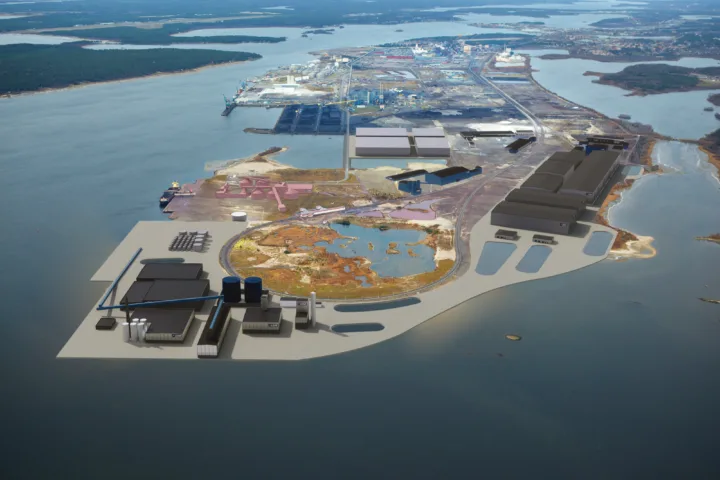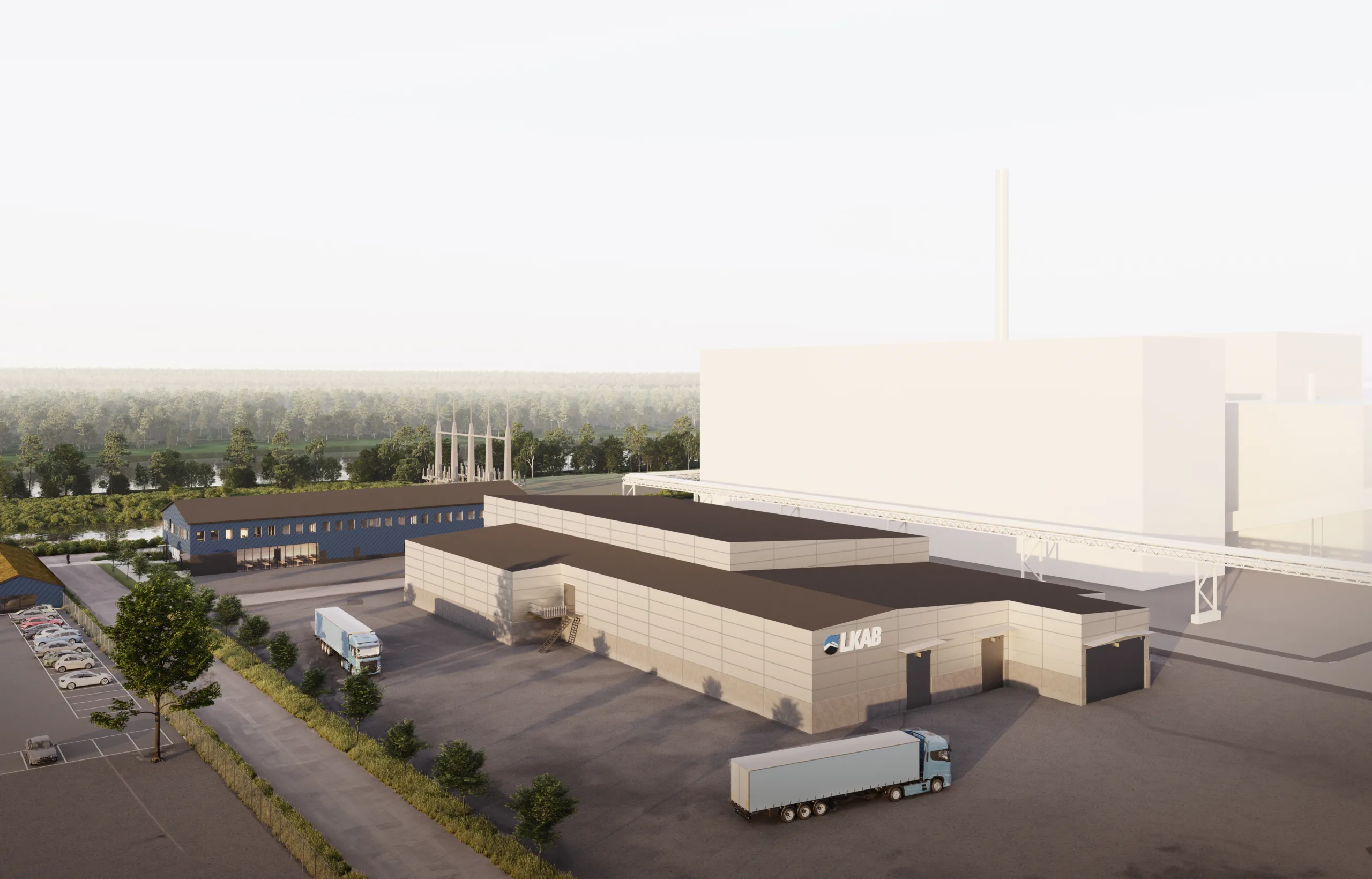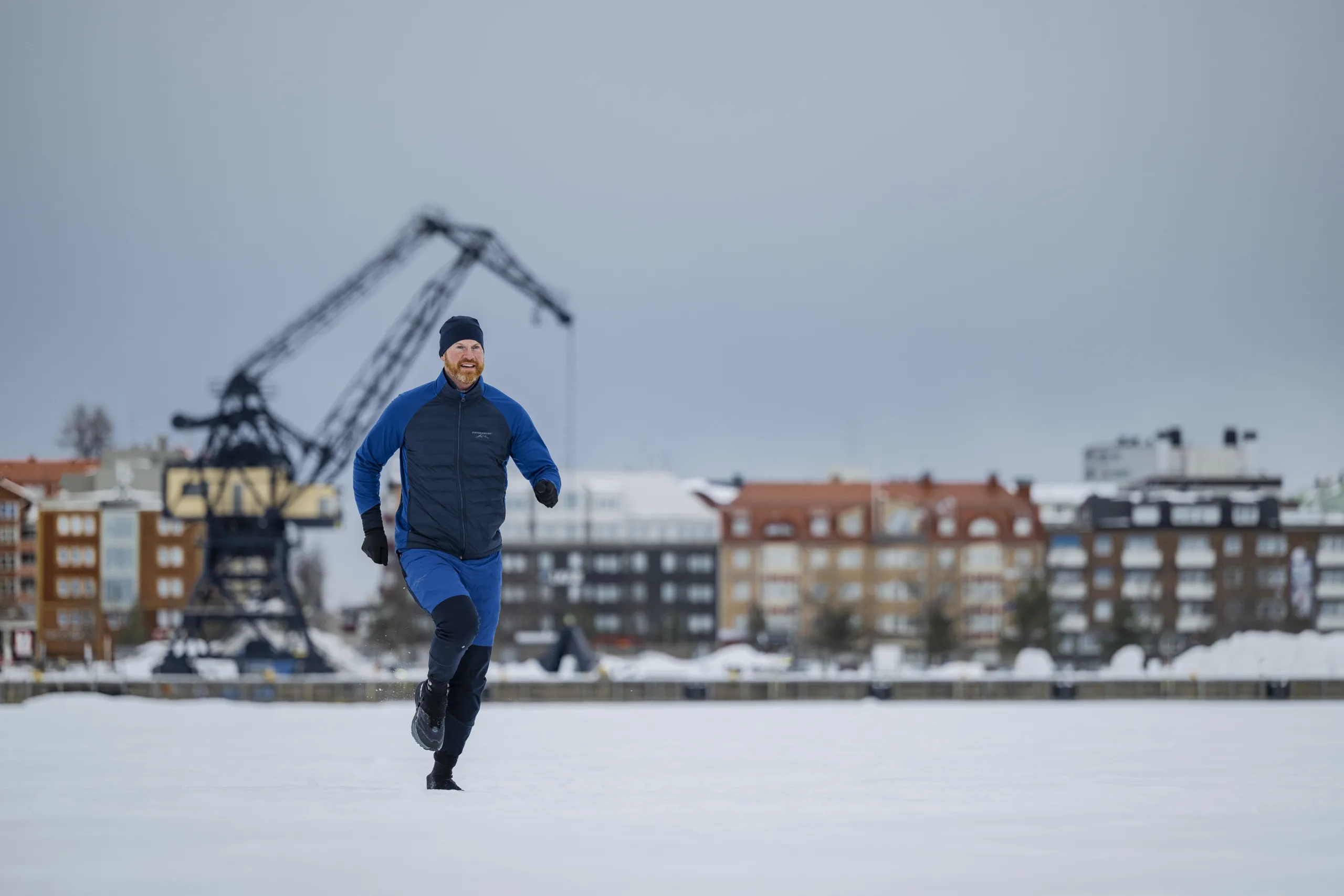LKAB’s future initiatives designated as Strategic Projects by the EU
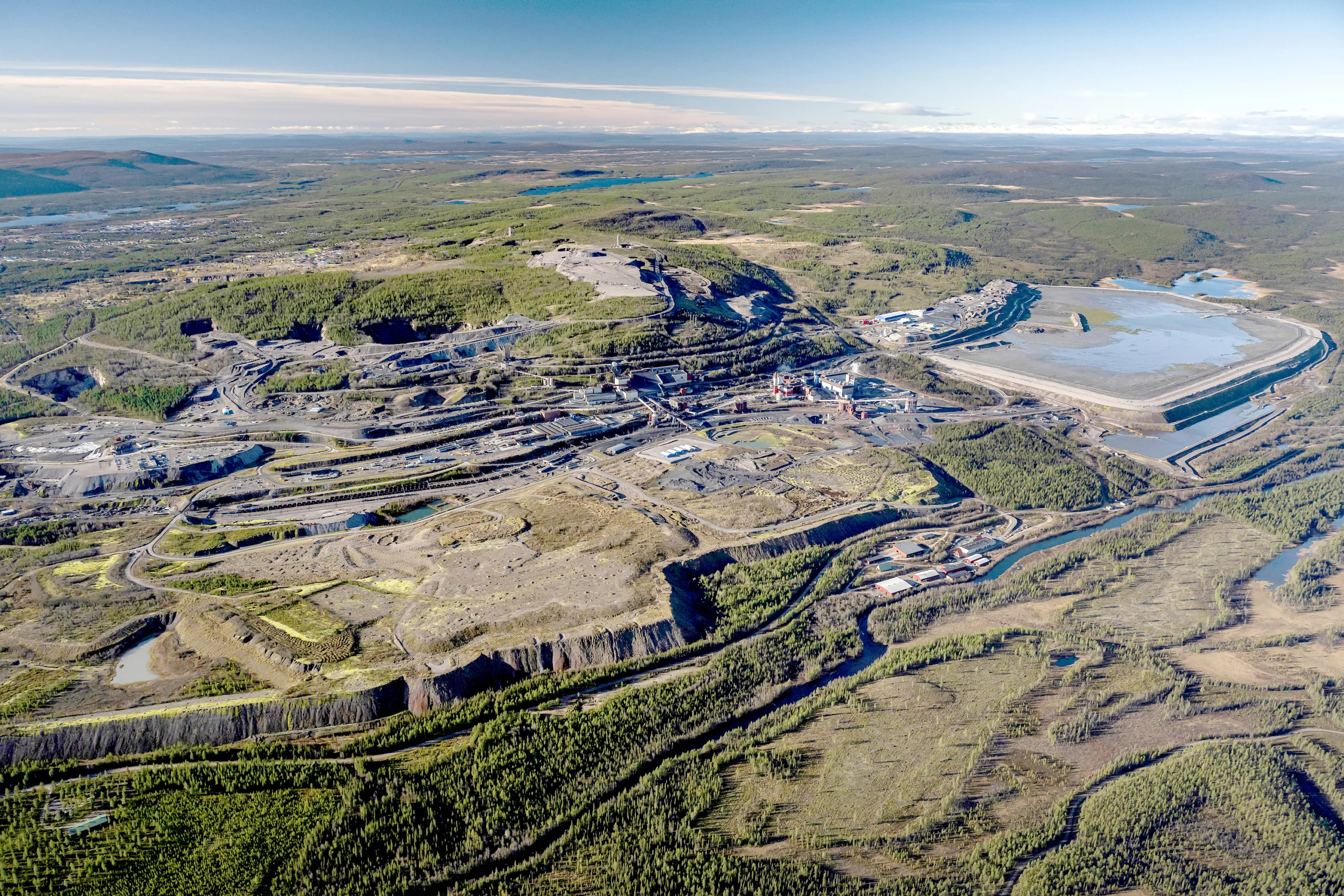
The European Commission has granted Strategic Project status to LKAB's Industrial park for critical minerals in Luleå, the mine in Gällivare, and the new deposit in Kiruna under the recently introduced Critical Raw Materials Act. The decision is a recognition of LKAB's potential to help secure Europe's access to strategic raw materials, such as rare earth elements, and reduce dependence on other countries amid growing geopolitical tensions.
“LKAB’s ambition is to gradually build a stable, competitive, and sustainable industrial value chain within the EU. This decision underscores that our plans align with Europe’s needs both for electrification and for increased self-sufficiency in strategic and critical minerals. Access to these materials is crucial for future electric vehicles, wind turbines, and food supply”, says Jan Moström, President and CEO of LKAB.
The CRMA aims to reduce the EU’s dependence on imports of critical raw materials by strengthening mining, refining, and recycling within Europe. Strategic status is granted to initiatives deemed essential for achieving these goals, particularly regarding certain rare earth elements classified as strategic raw materials. Projects with this status may benefit from streamlined permitting processes, funding opportunities, and other EU support. Permitting processes are ongoing for the designated projects, and the designation does not entail lower environmental or community impact requirements.
The projects that have now been granted strategic status are LKAB’s planned Industrial park in Luleå, the mine in Gällivare, and the new iron ore deposit Per Geijer in Kiruna:
- The mine in Malmberget, Gällivare: An established iron ore mine where new processes will enable the simultaneous extraction of rare earth elements and phosphorus from materials LKAB is already mining – enhancing resource efficiency and reducing Europe’s dependence on imports.
- The industrial park for critical minerals in Luleå: Being developed as a hub for refining phosphorus and rare earth elements – essential for the EU’s transition to fossil-free energy and electrification. A demonstration plant is currently being built to develop the technology for full-scale production.
- The new Per Geijer deposit in Kiruna is primarily an iron ore deposit with high phosphorus content and one of Europe’s largest known deposits of rare earth elements. The investigation of the deposit is still in its early stages, but it has the potential to play a significant role in strengthening the EU’s strategic raw material supply and reducing dependence on imports from third countries in the long run.
Through these projects, LKAB can take a leading role in creating a Nordic and European value chain for strategic and critical minerals. With increasing global tensions and growing uncertainty in raw material markets, the EU’s ambition to strengthen self-sufficiency has become both an industrial and security policy issue. Today, the EU remains heavily dependent on imports from non-European countries, especially China, for strategic raw materials such as rare earth elements.
”These materials are crucial for everything from energy systems to the defense industry, where the extraction and processing of resources within Europe is necessary to strengthen both our economic and geopolitical resilience. The fact that our mines are iron ore mines, with rare earth elements as byproducts, also makes us more resistant to the kind of price manipulation we have historically seen in the market”, says Jan Moström.
LKAB will now proceed with efforts to establish a sustainable Nordic value chain for critical minerals. At the same time, the company will continue to investigate the conditions and engage in dialogue regarding the development of the new iron ore deposit Per Geijer in Kiruna, which has the potential to become one of Europe’s most important sources of rare earth elements in the future.
Facts About LKAB, Critical Minerals, and Strategic Projects
- LKAB plans to start extracting critical minerals from the existing iron ore mine in Gällivare by establishing a new processing plant for apatite. This will enable utilising material streams from iron ore production that are currently treated as waste.
- The apatite concentrate from Gällivare will be transported to the planned industrial park in Luleå. Here, LKAB intends to produce rare earth elements, phosphorus for the production of mineral fertilizers for agriculture, and gypsum as a by-product.
- Once fully operational, the Industrial park’s production is estimated to meet approximately seven times Sweden’s needs and six percent of the EU’s demand for phosphorus in agriculture.. Currently, there is no rare earth element mining in Europe, and LKAB’s production could make a significant contribution to increasing self-sufficiency.
- On October 24, 2024, LKAB decided to invest SEK 800 million in a demonstration plant in Luleå. The facility will verify and further develop the technologies for extracting phosphorus and rare earth elements. The plant is expected to be operational by 2026 and will play a key role in developing the full-scale facility.
- The EU classifies raw materials as critical due to their high dependence on imports and their importance for our economy and the green transition. This includes phosphorus and rare earth elements. Common to these raw materials is also that there is a high risk of supply disruptions, for example related to geopolitical risks.
- Strategic raw materials are determined based on their relevance to the green and digital transition, as well as defense, aerospace, and space applications. A selection of rare earth elements (REE) are classified as strategic raw materials and are used in permanent magnets for electric vehicle motors and wind turbine generators.
- LKAB’s deposits contain all 17 rare earth elements, of which neodymium (Nd), praseodymium (Pr), dysprosium (Dy), terbium (Tb), gadolinium (Gd), samarium (Sm), and cerium (Ce) have been classified as strategic raw materials by the EU.
- Phosphorus is mainly used to produce mineral fertilisers, and about half of the world’s food production depends on it. Europe depends on imports for 90 percent of its phosphorus, with Russia previously being a major supplier.
For more information and interview requests, please contact:
Mikko Viitala, press contact LKAB
phone: + 46 70 309 8163, mail: mikko.viitala@lkab.com
Media hotline: +46 771 76 00 10, press@lkab.com
Contact: Mikko Viitala, press contact LKAB, phone: + 46 70 309 8163, mail: mikko.viitala@lkab.com
LKAB is an international mining and minerals group that offers sustainable iron ore, minerals and special products. We are committed to developing carbon-free processes and products by 2045, leading the transformation of the iron and steel industry. Since 1890 we have developed through unique innovations and technological solutions and are driven forward by almost 5,200 employees in 12 countries. In 2024, the LKAB group had sales of about SEK 33 billion. lkab.com
LKAB's ambition is to gradually build a stable, competitive, and sustainable industrial value chain within the EU. This decision underscores that our plans align with Europe's needs both for electrification and for increased self-sufficiency in strategic and critical minerals. Access to these materials is crucial for future electric vehicles, wind turbines, and food supply.

